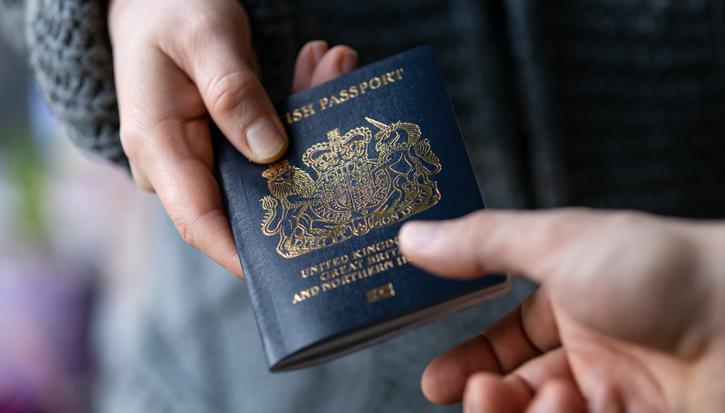Public Service Paradox: The final report of the Commission on Public Sector Reform in the North East
Article
ippr established the Commission on Public Service Reform in the North East, based at ippr north in Newcastle, in 2007. The Commission came together to look at the policy challenges emerging from the reform and renewal of public services since 1997, particularly in relation to the distinctive needs of the North East region.
The Commission has found that the record levels of investment in the North East's public sector have produced 'high-performing' services which have mitigated some of the worst effects of the current recession. However, such 'high performance', as measured by the various national auditing bodies, has had limited impact on closing the gap in relative outcomes. Whether in terms of life expectancy, entrance to further education, or unemployment, the North East still lags behind other regions and the disparities between different parts of the North East remain.
Through analysis of this apparent paradox of high performance and poor outcomes, the Commission has identified three interlinked themes under which the public sector and the region must overcome challenges, each with a key recommendation.
Related items

Mission-driven industrial relations: The case for fair pay agreements
How fair pay agreements could support the government’s mission-based approach by resolving labour market challenges.
Women in Scotland: the gendered impact of care on financial stability and well-being
Women in Scotland are far likelier than men to take on childcare and other caring responsibilities, which puts them at an economic disadvantage.
Citizenship: A race to the bottom?
The ability to move from temporary immigration status to settlement, and ultimately to citizenship, is the cornerstone of a fair and functional immigration system.